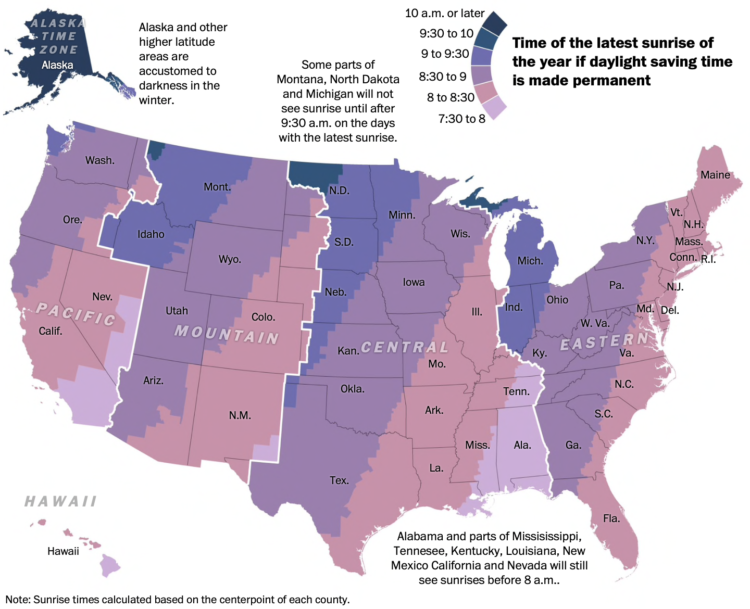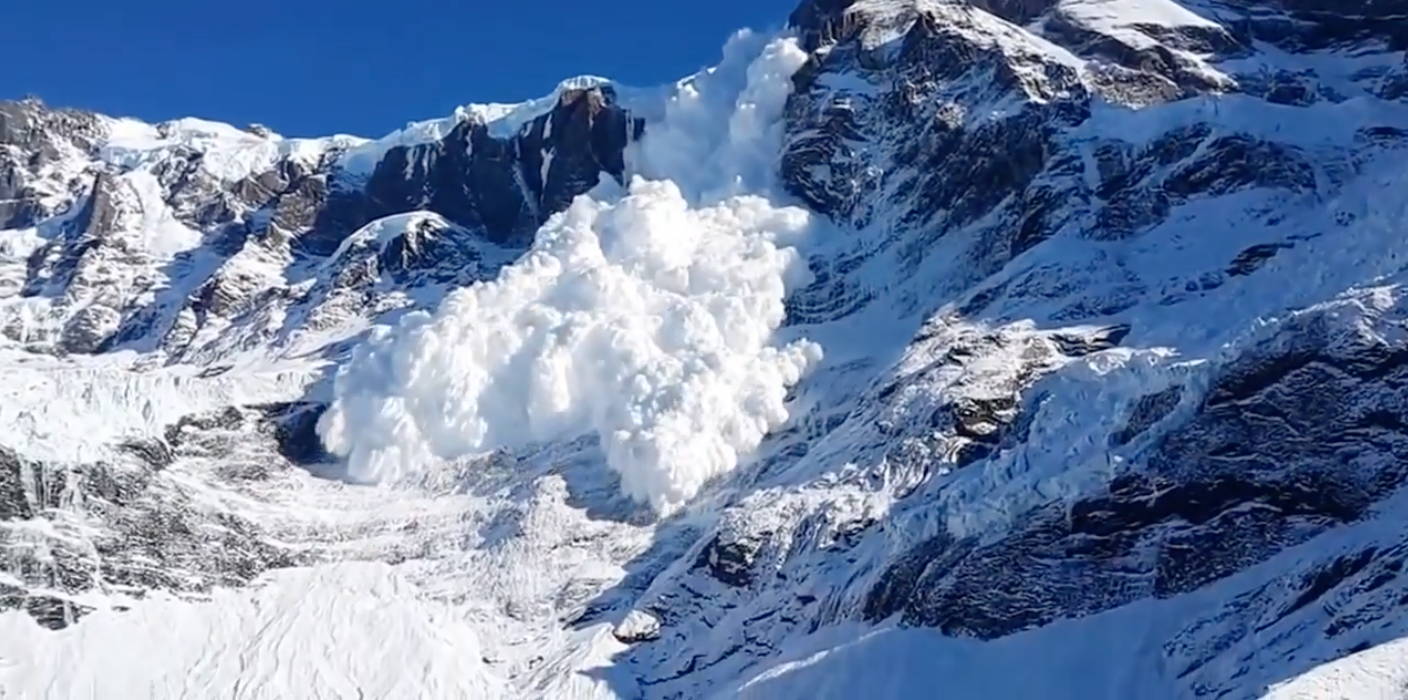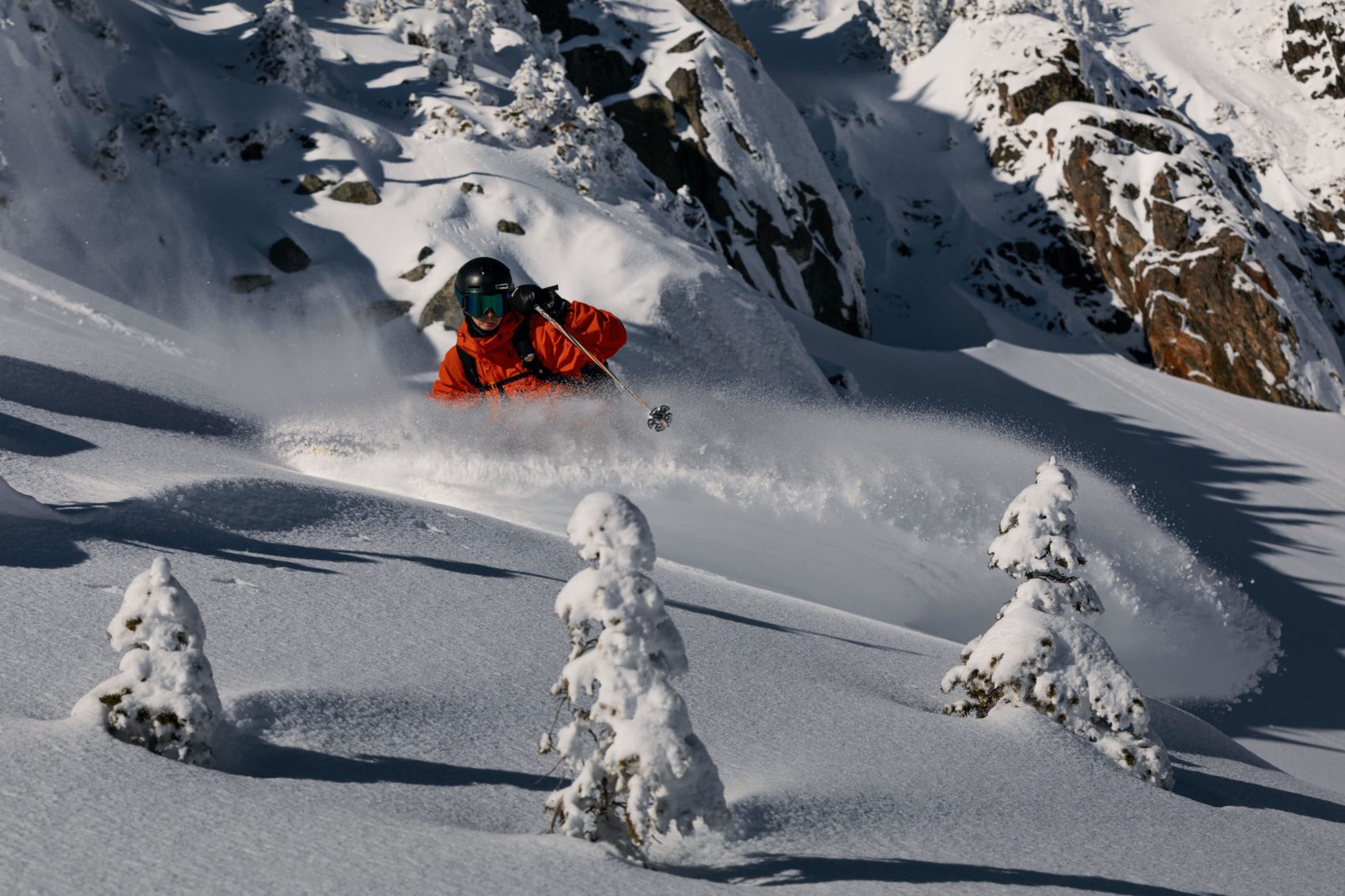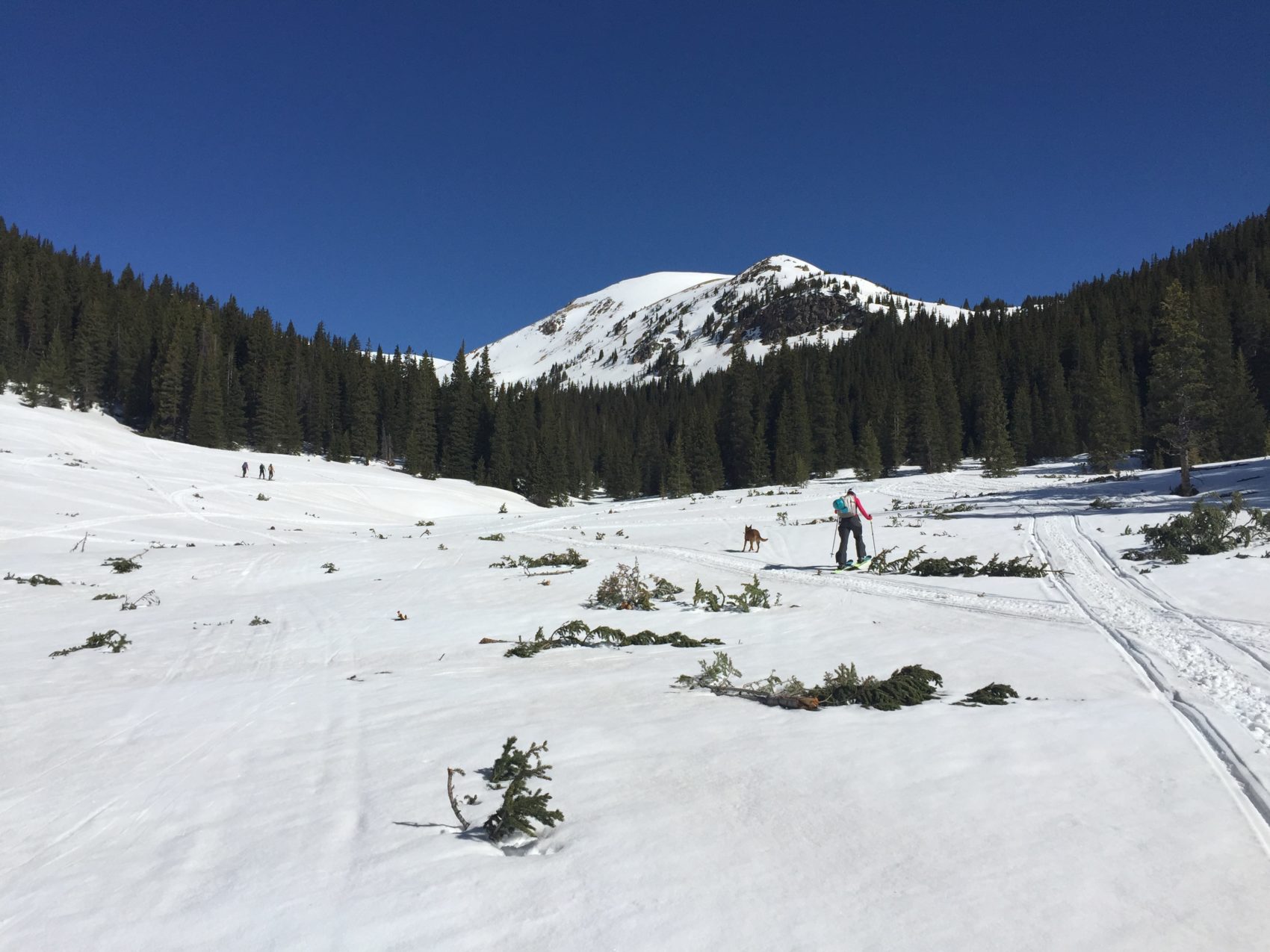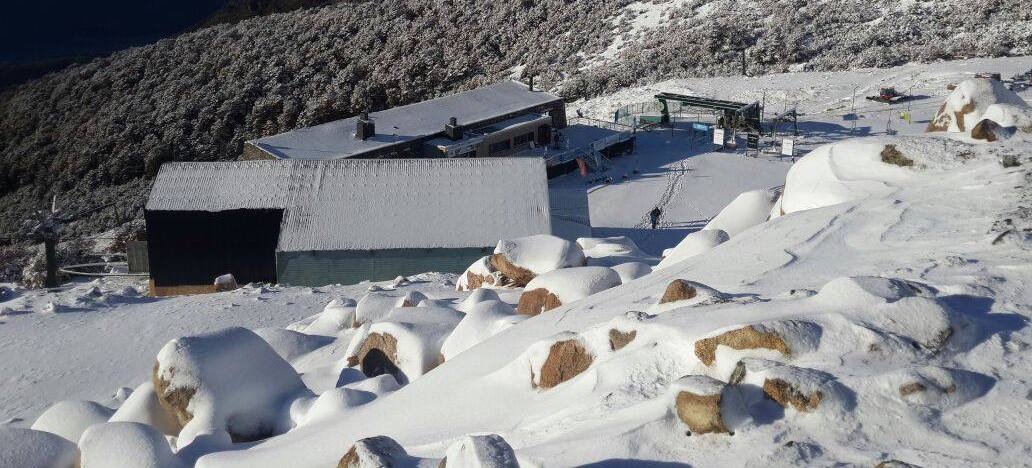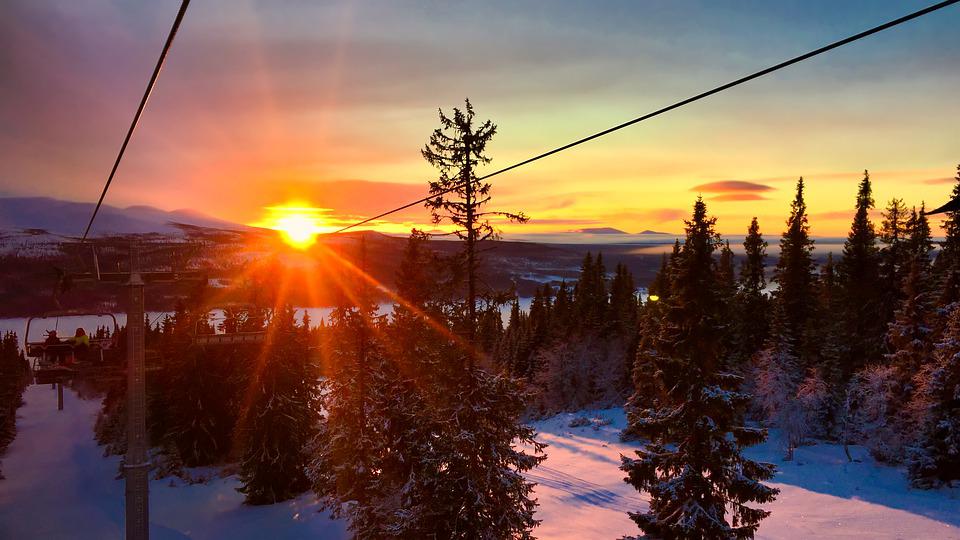
With the recent passing of HB-1297, Colorado has joined the list of states waiting to make daylight savings time (DST) year-round.
- Related: Daylight Savings Could Be Permanent in Utah by 2023—What Does that Mean for the Ski Industry?
Two things would need to happen before permanent daylight savings time would be enacted.
- The federal government would have to pass the Sunshine Protection Act of 2021, which would allow states to make the change.
- Four other states in the Mountain Time Zone would also need to make daylight savings time permanent.

The reason for requiring four other states in the Mountain Time Zone mainly came from the ski and tourism industry. They were worried that it would create more competition from nearby ski industries if they had different daylight hours.
Three Mountain Time Zone eligible states have already agreed to the time change. They are Utah, Montana, and Wyoming. This means just one more state would need to adopt it for Colorado to officially make the switch once the feds allow it.
Moving to permanent daylight savings time means more daylight hours are now later in the day. Ski resorts may not be able to open until later because the sun wouldn’t be up in time. This could mean significant changes for ski areas as they would likely have to adjust their operating hours. For example, with DST, the winter solstice in Denver would have the sunrise at 8:17 AM, rather than the normal 7:17 AM. It could take even longer for the sun to peek above the mountains, making evaluating terrain, avalanche control, and inspecting lifts challenging.
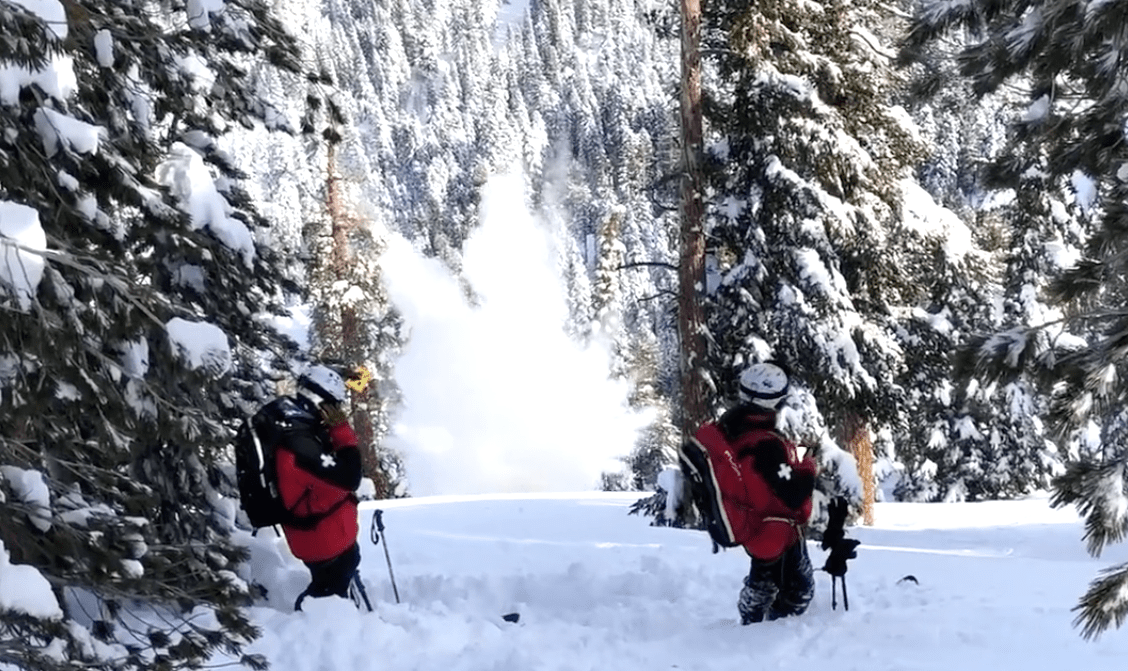
There has long been a debate about the biannual changing of the clocks. Originally enacted in 1966, the policy was designed to give more evening daylight time to save energy. It has also been shown to reduce crime since there are fewer dark hours when most crimes are committed. Not having to reset our internal clocks could reduce car crashes and workplace accidents, which have seen spikes around the biannual time changes. Parents of young children would rejoice since they wouldn’t have to readjust their nap and sleep schedules.
The downside to permanent DST is starting more of our days in the dark. If ski areas are forced to open later, how does that affect skiers? They may have to end their day earlier than desired if they have other commitments like picking up kids from school, making dinner, or evening functions.
It appears it is only a matter of time until perpetual DST is a reality. It will certainly be interesting to see how ski areas and other industries adjust.
